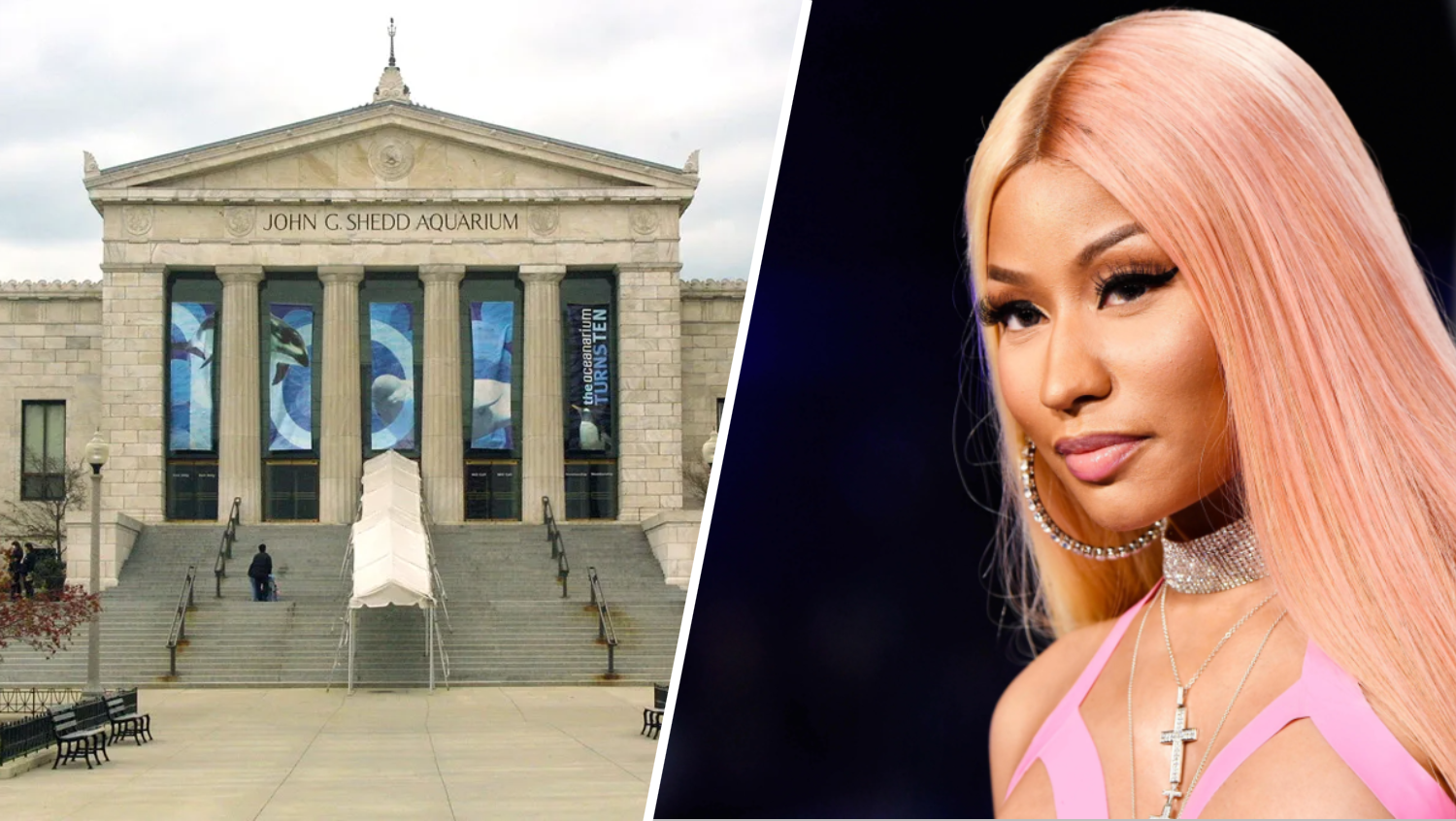Bridge repairs can proceed as scheduled Monday on Lake Shore Drive despite the protests of housing advocates contending it will force the ouster of dozens of homeless residents living in tents under viaducts at Lawrence and Wilson Avenues.
In an over hour-long recitation of his ruling, Federal Magistrate Judge Sidney Schenkier decried the plight of the city's homeless population, but said they had no constitutional right to demand that the city provide housing, and that their tent city did not qualify as a first-amendment protected statement.
"Chronic homelessness is a serious social problem that has many sources and no easy solutions," the judge said. "In a country that long has contended a person's home is his castle, it is a status we would wish on nobody."
Schenkier conceded that the so-called "tent city" seems to be a community, where residents and advocates care for each other, and that there have been expressions of goodwill from both sides of the issue.
"Despite the efforts of advocates," he said, "there is no silver bullet solution."
Attorneys representing a de-facto advocate group, Uptown Tent City Organization, argued that the tent city residents should be allowed to relocate to a nearby park if they are forced from the viaducts, and that their tents represented a constitutionally protected free speech.
But Schenkier declared the Supreme Court has long ruled that government is not under a constitutional mandate to provide housing, and that there was no dispute that "the roadwork is absolutely necessary."
Local
"The Court does not provide remedies for every social and economic ill," he said. "The plaintiffs do not have a constitutional right for the city to provide housing, or to live under the viaduct."
During earlier hearings, a social worker testified that on a recent morning, the population consisted of approximately 75 people, living in 45 tents.
Schenkier said in actuality, the roadwork should have started sooner, but had been delayed by the state's budget woes. In making his ruling, he cautioned that he was seeking to be neither cold, nor harsh in his view of the plight of the city's homeless residents.
"I don't think there is anybody in this room who doesn't have great sympathy or concern," he said. "The constitution does not give us authority to address every social issue."
After the hearing, Alan Mills, the attorney representing the homeless group, said the residents appeared to now have three options: take the city up on their offer of housing at the Pacific Garden Mission, a private social service agency; leave the area and pitch their tents elsewhere; or refuse to leave and face arrest.



